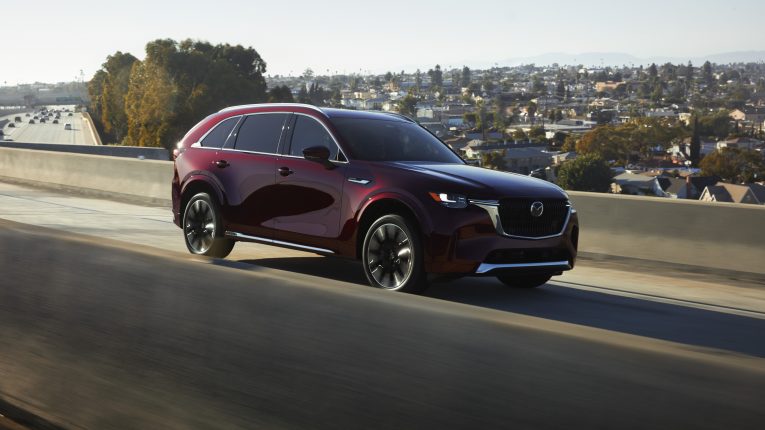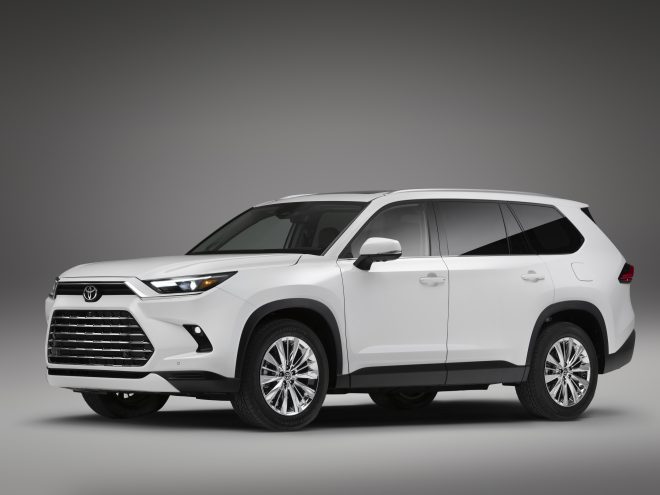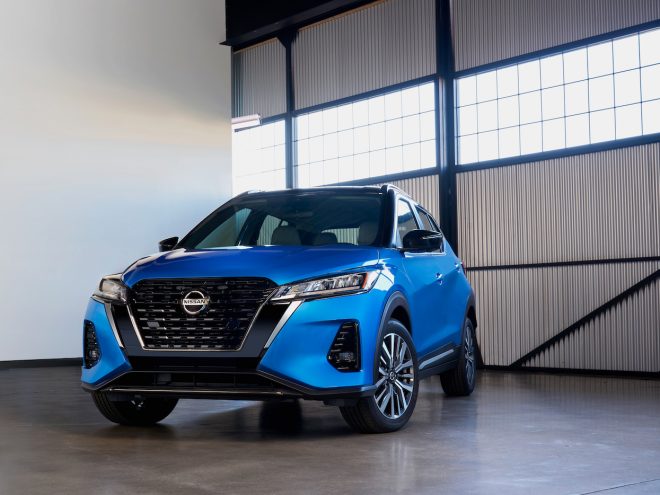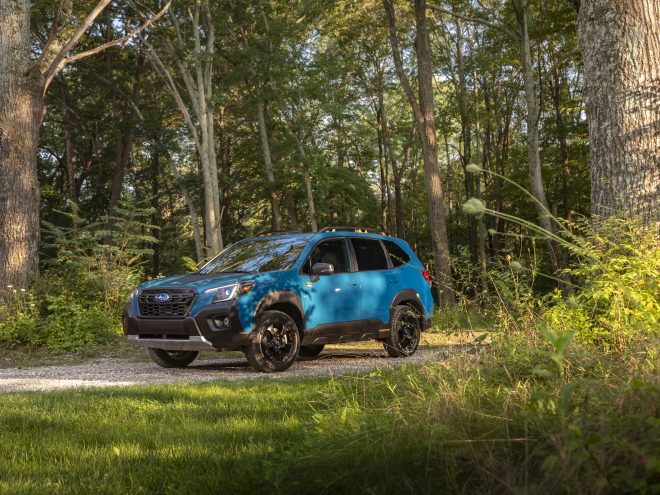
Paying Bills After a Car Accident
When you’re hurt in a vehicle crash, your mind usually can’t get beyond the agony of your injuries and the need for medical help. You could be concerned about how to pay for your medical expenses at this time as well. Should you use your insurance, or will the at-fault party’s insurance company pay your treatment costs? Should you pursue a personal injury claim? What about your current financial obligations, even if you succeed in obtaining a settlement or verdict?
Below is additional information about your possibilities for paying your medical expenses after a vehicle accident.
How to Deal with The High Costs of Treatment After a Car Wreck
Anyone hurt in an automobile accident should have a plan for paying for medical care. Many people who get into accidents assume that the insurance company of the person who caused the accident would pay for their medical expenditures. However, this is only sometimes the case. Instead, your auto insurer will pay for your medical care up to the limitations of your coverage.
In this case, your insurance company may file a claim with the other driver’s insurer for compensation. Should the costs of your medical care exceed the limits of your vehicle insurance, your health insurance should pick up the tab until you’ve exhausted your coverage. Your health insurance provider may try to get their money back from whatever settlement or judgment you call for a personal injury lawsuit.
Managing Medical Bills in The Absence of Vehicle Health Coverage
If you’re involved in a vehicle accident and don’t have insurance, you may need more money to help pay for your medical care. You may file a claim with your insurance company or file lawsuit loans for damages against the negligent motorist. You may pay for your healthcare using the settlement you get.
Payment of Medical Bills in The Event of An Accident Caused by An Uninsured Motorist
Underinsured/uninsured (UIM) coverage is your best bet for paying medical expenses after an auto collision involving an uninsured motorist. Using your health insurance for emergency medical treatment is an option if you do not have UIM coverage. You may get assistance figuring out what to do if you’ve been hurt in an accident but don’t have health or auto insurance, so you can get the medical care you need while pursuing a personal injury claim. You shouldn’t let the fact that you can’t afford to pay for your medical care stop you from getting it if you’ve been hurt.
Talk to an Attorney About Filing a Lawsuit
If you’re injured in an accident, you should first find out if you have a case. You can talk to an attorney or call your local bar association. Your attorney will help you determine whether it makes sense to file a lawsuit against the person or company responsible for your injuries. If so, they’ll work on helping you get the compensation you deserve.
This could include money for lost wages, pain and suffering, and medical bills. If you decide not to file a claim through the courts, an insurance company may offer you a settlement for less than what it would cost them in legal fees to fight your claim in court. This can happen if they believe there needs to be more evidence to win their case (or even if they don’t want to fight). Your car accident attorney in Athens should be able to advise whether this option makes sense for both parties involved.
Consider Setting Up a Payment Plan with Your Doctor or Hospital
If you could not collect insurance benefits following an accident, or if the benefits were less than expected, you might have to pay your bills yourself. The first thing you should do is consider setting up a payment plan with your doctor or hospital. It’s much easier to spread the cost of your medical bills over time instead of having to pay everything at once.
If you have health insurance, check to see if it covers any part of the bill—some plans will require a copayment from you to use their benefits. You can also give your information to a charity that helps pay for health costs; even if they can’t help with this particular bill, they may be able to assist in the future, and it never hurts to ask!
Look into Any Special Programs Available in Your State or City
If you find yourself in a situation where you can’t pay your medical bills, you should first consider whether any programs in your state or city are designed to help people who can’t pay for their health care. Reach out to your health provider or an advocacy organization and see if they have information about free or reduced-cost services. This can be especially good if you cannot work due to your injuries, as some states will provide financial assistance for medical bills if you can prove that you cannot work.
No one wants to think about being seriously injured in an accident, but you need to be prepared if it does happen. Demand that the driver’s insurance company pays for your medical bills and lost wages, and file a complaint if they aren’t cooperative. Read your policy carefully and determine how much your insurance will pay before accepting any settlement. File an official police report, and ensure the police officer isn’t taking bribes to dismiss the case.
Make sure your credit card covers car rentals if yours is totaled and that you have a health insurance policy with ample coverage for injuries like yours. This might help you a lot more than you can imagine. And most importantly, you’ll want to take care of yourself so that you don’t get into accidents, to begin with. Just because medical bills after an accident might not be avoidable doesn’t mean they have to cripple your finances. Make sure you can handle the costs as best by being informed and working with your insurance. It’s not always easy, but it makes a massive difference in the long term.









